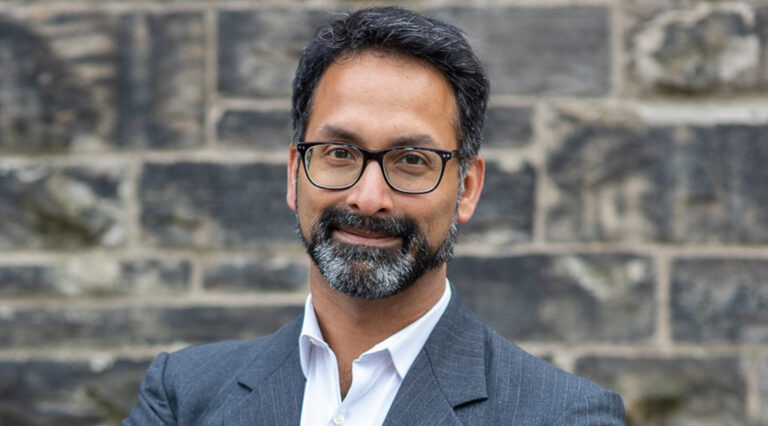From the Toronto Star article
TORONTO – When a mental health crisis call comes in to 911 in certain parts of Toronto next month, a team typically consisting of two people such as a harm-reduction worker and a nurse, or an Indigenous elder and a de-escalation expert – not police – will be the first to respond.
The mobile unit will meet with the individual in crisis and figure out what they need. Response teams will then check on the person within two days and help arrange further support, such as long-term counselling, as required.
It’s all part of a new approach to crisis intervention in Toronto that’s beginning with a pilot program launching in a few weeks.
The City of Toronto – which plans to eventually implement the program in all neighbourhoods – describes the effort as a community-led, trauma-informed alternative to traditional crisis response, with a focus on reducing harm and preventing problems from arising.
Dr. Andrew Pinto, a family physician at St. Michael’s Hospital in Toronto, said a community-led approach to helping people in mental health crises is “long overdue” and has the potential to save lives.
Pinto said it could lead to more support for those who live with mental health concerns and could prevent cases where they are harming themselves or others. In the long term, he said it can help people engage with health and social care and other resources.
Since police won’t be going to confront someone who’s in a mental health crisis, the risk of “police committing violence and actually killing somebody” could also be reduced, he said.
“I think that this type of approach can make a difference for folks. And I think that a really rigorous evaluation will help confirm (that),” Pinto said.

